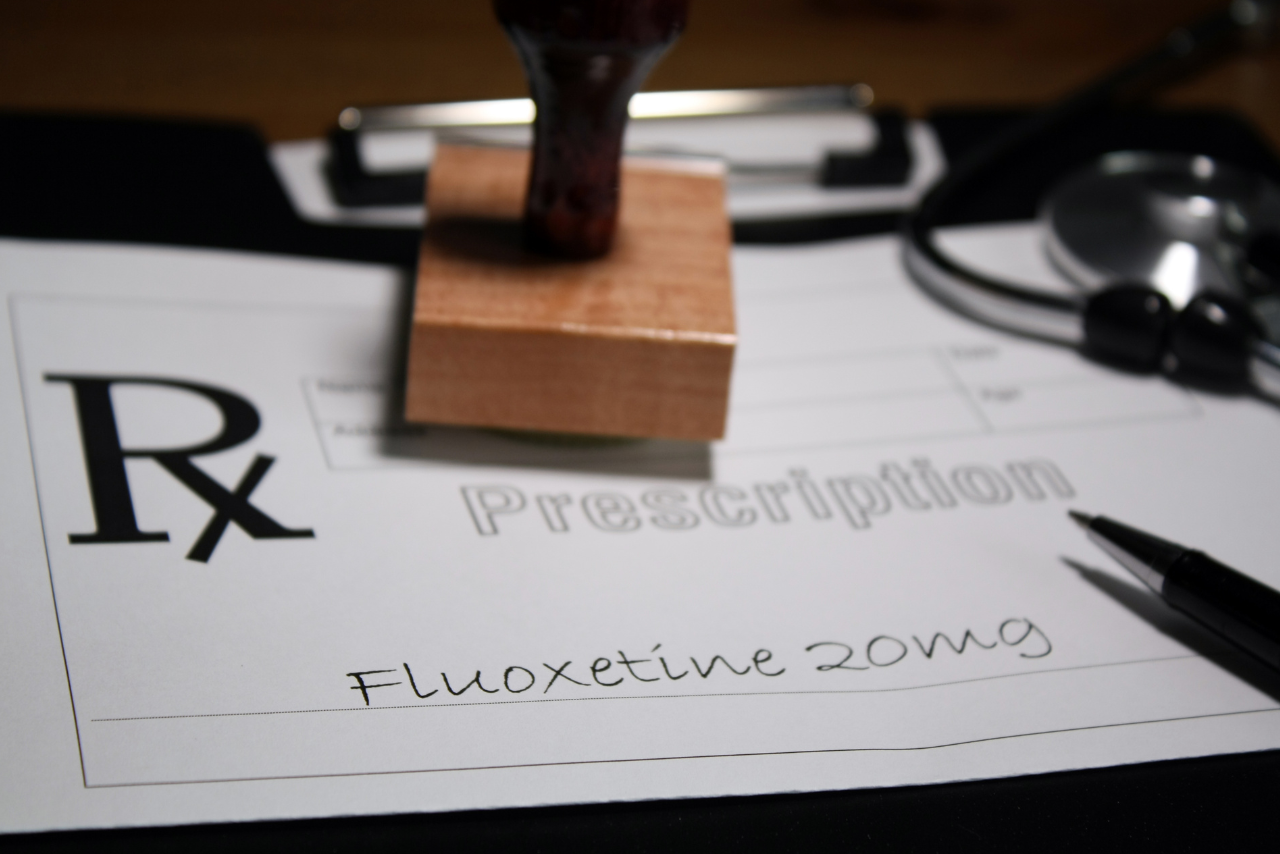Yes, Prozac is not considered addictive. Millions of people use Prozac to ease the symptoms of depression and other mental health concerns. But before you begin to take it or any other prescription medication, it’s important to fully understand the risks as well as the benefits. For example, how does it interact with your system, and are you likely to experience side effects?
What Is Prozac?
Prozac is the brand name of a prescription medication that is used to treat a variety of mental health disorders. The primary active ingredient in Prozac is fluoxetine, which is a selective serotonin reuptake inhibitor (SSRI).
The U.S. Food and Drug Administration (FDA) originally approved Prozac as an antidepressant in 1987. Through the years, the FDA’s approval of Prozac expanded to include other disorders. Today, physicians in the U.S. are authorized to use it to treat:
- Major depressive disorder (MDD)
- Depression related to bipolar disorder
- Obsessive-compulsive disorder (OCD)
- Panic disorder
Doctors in the U.S. also sometimes prescribe Prozac on an off-label basis to patients who have:
- Binge eating disorder
- Social anxiety disorder (social phobia)
- Premenstrual dysphoric disorder
- Borderline personality disorder (BPD)
- Selective mutism
How Does Prozac Work?
The development of Prozac represented a significant breakthrough in the history of mental health treatment. It was the first FDA-approved antidepressant to target serotonin, a naturally produce neurotransmitter that plays a role in mood, reward, memory, and other functions.
Prozac and the SSRIs that followed it increase the level of serotonin in a person’s central nervous system (CNS). Here’s how that occurs:
- Nerve cells release serotonin into the synapse, or the small gaps that separate them from neighboring neurons.
- Typically, once the serotonin has delivered is message, a specialized protein transports the serotonin back to the nerve cell where it originated, so that it can be reabsorbed and reused.
- Prozac prevents the transporter protein from retrieving the serotonin. This leads to a buildup of serotonin within the synapse.
- Having a greater amount of serotonin in the synapse has the effect of amplifying its message. For some people with depression, OCD, and other conditions, this increase in serotonin leads to an easing of their symptoms.
Prozac doesn’t work for everyone. But more than 35 years after being introduced in the U.S., it remains a recommended first-line treatment for depression and some other conditions.

Is Prozac Addictive?
We’ve established that Prozac can be quite beneficial for people with a range of mental health concerns. In an upcoming section, we’ll discuss the types of side effects, some of them quite serious, that people may experience when they take the medication.
For now, let’s turn our attention to the question in the title of today’s post: Is Prozac addictive?
Signs of Addiction
People who take Prozac for an extended period can develop symptoms such as:
- Desire to use Prozac more often or in greater amounts than directed
- Using Prozac in ways that are particularly hazardous, such as by combining it with alcohol or other drugs
- Developing tolerance, which means that the medication doesn’t cause the same effects that it once did
- Withdrawal, which can include a variety of uncomfortable symptoms when abruptly ending or reducing your Prozac use
These types of symptoms are among the reasons why people may ask, “Is Prozac addictive?”
Prozac isn’t addictive in the same way that alcohol, cocaine, opioids, and other recreational substances are.
For example, people who take Prozac don’t usually develop intense cravings for the drug, have difficulty controlling how much they use, or prioritize Prozac use over their personal and professional responsibilities.
Due to the lack of these symptoms, many experts prefer the term dependence instead of addiction when referring to Prozac.
Prozac Withdrawal
Tolerance and withdrawal are both indicators that your body has adapted to the continuous presence of Prozac.
Tolerance can feel like the medication has suddenly stopped working. If this occurs, your doctor may recommend adjusting your dosage or switching to a different medication.
Withdrawal can be a barrier to ending your Prozac use. Typical Prozac withdrawal symptoms include:
- Headache
- Excessive sweating
- General achiness, as if you have the flu
- Nausea
- “Brain zaps,” or brief sensations that feel like electrical impulses in your head
- Mood swings
- Intense nightmares
A 2019 review of 14 separate studies determined that about 56% of people develop withdrawal symptoms when ending their use of Prozac and other antidepressants.
The best way to avoid these types of symptoms is to consult with your doctor about your desire to stop using Prozac. They can develop a plan to gradually reduce your Prozac use over time, which should minimize your likelihood of withdrawal symptoms.
Talking to your doctor is also important because you don’t want the sudden end of your medication use to trigger a resurgence of your symptoms. Taking a thoughtful, planned approach with the guidance of a trained professional is the healthiest way to stop using this drug.
Does Prozac Cause Side Effects?
Tolerance, withdrawal, and the risk of dependence aren’t the only dangers associated with Prozac use. The medication has been linked with a variety of other adverse effects.
Prozac’s more common side effects include:
- Headache
- Lightheadedness
- Excessive perspiration
- Loss of appetite
- Fatigue and weakness
- Tics and tremors
- Sexual dysfunction
More serious potential side effects, some of which can be fatal, include:
- Severe allergic reactions
- Suicidal thoughts and actions
- Serotonin syndrome
- Worsening of glaucoma
- Seizure
If you experience any side effects after taking Prozac or any other prescription medication, you should consult with the doctor who prescribed the medication to you. For more serious effects, such as allergic reactions or serotonin syndrome, you may need to seek immediate medical attention.
If you have been experiencing suicidal thoughts or urges, you can get help 24 hours a day, seven days a week, by contacting the 988 Suicide & Crisis Lifeline. You can reach this free resource by calling or texting 988 from any phone in the U.S., or by visiting https://988lifeline.org/.

Find Mental Health and Addiction Treatment in Georgia
Valor Behavioral Health offers personalized outpatient services to help adults and adolescents whose lives have been disrupted by depression, OCD, anxiety disorder, substance abuse and addiction, and related concerns.
Our team will work closely with you to identify the full scope of your mental and behavioral health needs, then develop a customized plan to help you achieve a healthier and more hopeful future.
To learn more about how we can help you or a loved one, or to schedule a free consultation, please visit our Admissions page or call us today.













